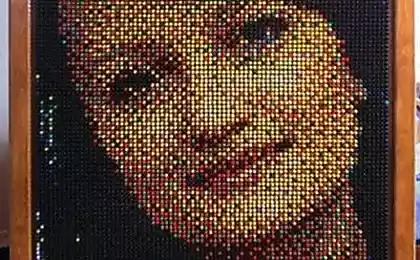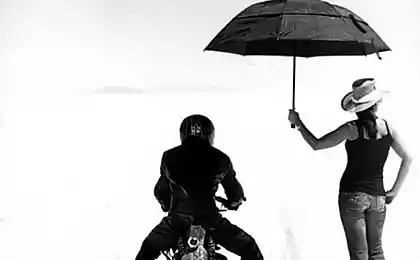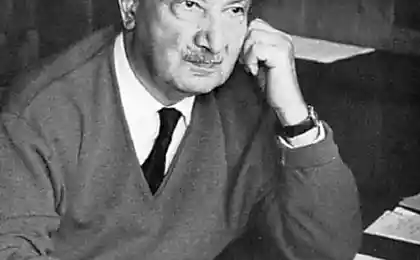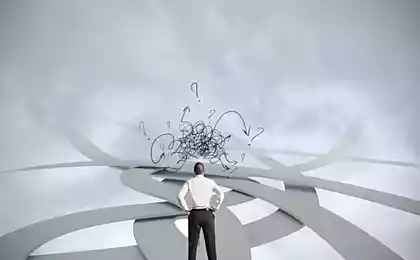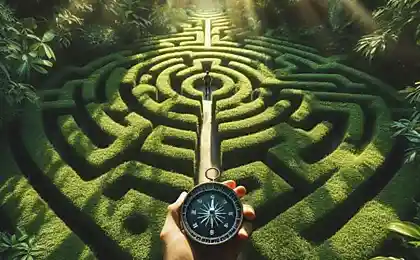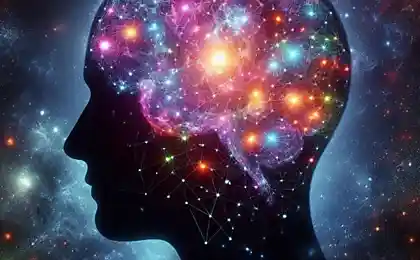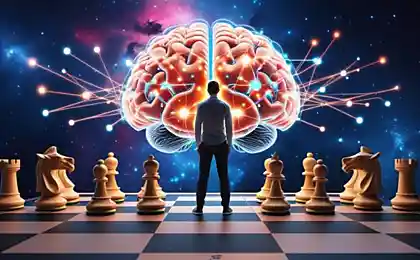432
The effect of soothers: why we push the buttons that don't work
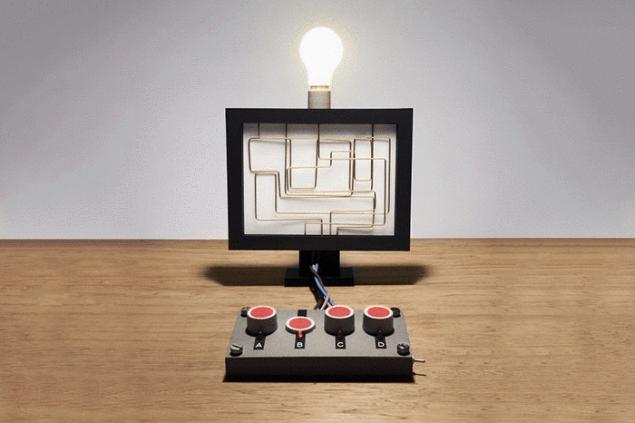
© Kyle Bean
It seems obvious that all the buttons around you for something needed. However, if for a moment to doubt, even a cursory analysis will show that many of these keys do not produce any action, but was originally conceived as dummy — based on the placebo effect. Translation of the article that explains what many of the buttons around you are there only for your peace of mind.
You press the call button and hear it ring. You press the Elevator button, and it lights up. You push a button on the vending machine, and coke falls down. All your life you push buttons and get some reward. It's pretty simple: just like the rat that presses the lever and receives his portion of food.
The buttons seems to have some invisible magic happening in that moment, when you click it and get the expected result. You never know exactly how mechanically does the process of promotion banks on the automatic, if not open it and look. Maybe there is someone on the inside who takes the soda and puts it in the tray? Perhaps even, somewhere there is a camera watching the camera and someone in a remote room monitor makes your Cola to materialize?
And so it works reflexes. While the desired result is achieved by pressing the button, it doesn't matter. You are likely in the future will press this button (and it's unlikely that something will stop). The problem is that some buttons in our life or do anything. The magic between the button press and the desired result — only in your head. And you don't catch this moment, because not so smart.
The magazine "the new Yorker" in 2008 published an article which explained that many of the buttons closing the door not really closing doors in elevators United States of America — since 1990. Some of the lifts they do are there only for emergency personnel and work only with the key. Web site The Straight Dope has investigated the case, conducted the survey among the employees of Elevator companies and repairmen. According to their study, "the terrible truth is that a significant percentage of the buttons, closing the door in this world, nothing does." The reason is that button is not connected, or mounted on a delayed reaction, or disabled owners, or have been broken, and no one so far has not complained, because the doors are closed anyway — it doesn't matter whether you press the button. If you ever happened to press the broken button, and the doors still closed, you probably didn't notice that something is wrong, because tiny flash of joy would flicker in your brain, once you believe that it is a response to your action. Your behavior was positively reinforced. You will press her further. Working mechanisms like that motivate you to fool yourself — they are called buttons or placebo. And they are everywhere.
Your brain doesn't like randomness, and therefore tries to link cause and effect for every effect. And when he cannot, he comes up with them
Computers and timers now control the lights at many intersections, but the little buttons at crosswalks allow people to change the traffic signal. These buttons are often disabled, but the task of replacing or dismantling appears to be very heavy so that they often remain in place unchanged. And you still click on them, because the traffic signal changes. In the study by ABC News in 2010 explains that are really working button can have only one transition in the world.
In many offices with many cubicles thermostat on the wall are not connected to anything. Landlords, engineers and experts in the field of ventilation systems installed dummy thermostats decades, so people are not wasting money, constantly adjusting the temperature. According to a 2003 article in the Wall Street Journal, one of the specialist company dealing with ventilation systems, suggested that 90 percent of all office thermostats are fake. Some companies even install noise generators to Supplement the illusion.
Button placebo more like omen or an ancient ritual. You're doing something, hoping for a return — and if you get it, the omen remains in effect. Dance to bring rain, to sacrifice a goat to the sun is approximately the same as to press again and again the button at the crosswalk. Your brain doesn't like randomness, and therefore tries to link cause and effect for every effect. And when they don't, he invents them.
Source: theoryandpractice.ru
New particle: matter and antimatter in one bottle
Black cumin — "the cure for all diseases except death"
